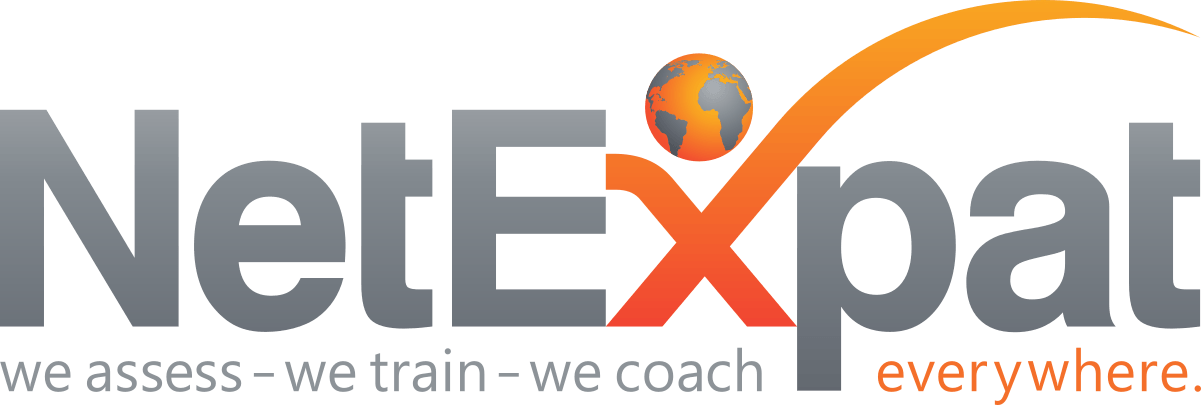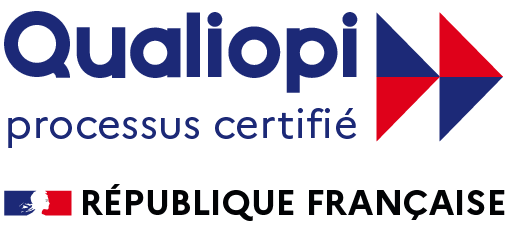IT TAKES TWO: SUPPORTING DUAL-INCOME HOUSEHOLDS IN EMPLOYEE DOMESTIC AND INTERNATIONAL RELOCATIONS

As the global economy challenges households around the world, the needs of relocating employees are changing – and mobility programs will need to shift to support them. This has become especially important when developing robust policies and programs, both domestic and international, for accompanying spouses/partners who work.
Two-Income Families Have Become the Norm
As financial pressures grow for employees around the world, two incomes have become crucial to a family’s well-being. This is especially true for mobile talent, thanks to inflation and reductions in compensation packages offered by employers. These same reductions often impact the kinds of services and programs that would support accompanying spouses and partners which, in turn, negatively impacts the employee experience and household.
Why should this matter to organizations as they develop their talent mobility programs? The 2023 NetExpat Relocating Partner Survey revealed that over 50 percent of participants cited a partner's potential career disruption as a primary reason for not accepting an international assignment – and another 32 percent said the package being offered wasn’t attractive enough.¹
In today’s global economy, two incomes are often a requirement if a family hopes to thrive. For mobile families, the implications are amplified: Not only does a family suffer a loss of a second income when an accompanying spouse/partner is unable to work, the break in their career trajectory can also cause other downstream negative impacts – from interrupted career progression and a reduction of job market relevance to a reduction in future social security benefits due to lost income. If organizations hope to attract, relocate, and retain key talent; meet their diversity, equity and inclusion (DEI) initiatives; and achieve business goals and objectives, it’s now crucial to support partners and spouses before, during, and after a relocation.
Immigration Regulations are Supporting Dual-Income Relocations
Once a more challenging undertaking, today, a more receptive work permit market is making it easier for spouses and partners to work abroad when accompanying a relocating employee. Our Relocating Partner Work Permit Monitoring records show that, out of the top host locations accounting for 80 percent of global mobility in 2024, 90 percent grant work permits to legally married relocating partners. There are still, unfortunately, a few notable nuances linked to marital status: non-married partners from opposite sexes are recognized by 65 percent of these top locations, while same-sex partners experience the most challenging situation (less than 40 percent of these top locations grant access to work permits in these scenarios).
Supporting Accompanying Partners is Now a Part of Global Workforce Management
A successful assignment doesn’t just depend on the successful transition of an employee, but also on the ability of an accompanying spouse and family to adapt and integrate into a new location. If an employee’s partner is unhappy, resentful, or feels lost without a job, this will put a strain on the couple’s relationship. That stress can have downstream impacts on an employee’s ability to do their job effectively. Whether to support the accompanying spouse/partner’s sense of identity, happiness, and career growth — or the family’s financial well-being — partner support has become an essential step toward effective global workforce management and a proven ally in supporting DE&I agendas in Talent Mobility. Additional ways to provide a supportive spouse/partner experience include making intercultural training available and providing access to a network of other accompanying partners living in the new location, like the NetExpat Community (NEC). Working with an experienced mobility services provider will enhance this type of support. Without it, organizations run the risk of losing their top-choice candidates and having to move on to second- or third-tier options.
Reducing Talent Mobility Costs by Addressing Dual Income Support
Supporting dual-income relocations doesn’t just benefit employees and their families. When organizations support dual-income relocations, they can decrease the overall cost of their mobility programs in areas such as mobility premiums, spendable income and, in some cases, hardship allowances. And because supported spouses/partners feel engaged and valued, employees spend less time worrying about them and can focus on their new roles faster and with greater productivity. Providing a positive employee experience also bolsters employee retention – and fosters the company’s mobility and talent management brand reputation as a caring employer in a competitive market.
There are, of course, nuances and specifications regarding dual-income relocations, depending on the industry, origin/host country combination, and skillset of the accompanying spouse/partner involved.
The Case for Supporting Dual-Income Relocations
Source: NetExpat Relocating Partner Survey Report, 2023
NetExpat is uniquely positioned to provide your organization with guidance and assistance. Contact us for more information.
Share this post















